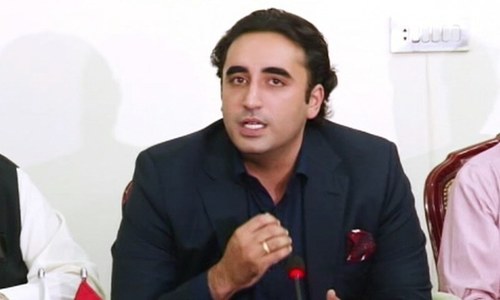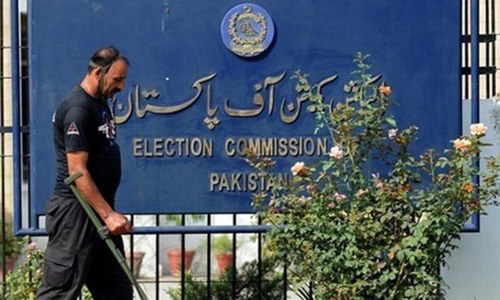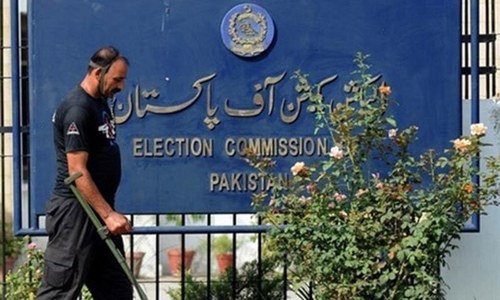ISLAMABAD: The Election Commission of Pakistan (ECP) is set to suspend the membership of more than 300 lawmakers as they failed to submit annual statements of their assets and liabilities with it by the last date under a law amended by them to their convenience.
The law requires all the legislators to submit statements of their own assets, those of their spouse and dependent children with the ECP each year.
Before the enactment of the Elections Act, 2017, the last date prescribed for the purpose was Sept 30 and the ECP had the powers to suspend membership of those failing to meet the mandatory requirement by Oct 15.
Later the law was amended in the name of electoral reforms to extend the deadline to December 31. But a grace period of 15 days practically means their membership will not be suspended before Jan 16.
Section 137 of the Elections Act reads: (1) Every Member of an Assembly and Senate shall submit to the Commission, on or before 31st December each year, a copy of his statement of assets and liabilities including assets and liabilities of his spouse and dependent children as on the preceding thirtieth day of June on Form B. (2) The Commission, on the first day of January each year through a press release, shall publish the names of Members who failed to submit the requisite statement of assets and liabilities within the period specified under subsection (1). (3) The Commission shall, on the sixteenth day of January, by an order suspend the membership of a Member of an Assembly and Senate who fails to submit the statement of assets and liabilities by the fifteenth day of January and such Member shall cease to function till he files the statement of assets and liabilities. (4) Where a Member submits the statement of assets and liabilities under this section which is found to be false in material particulars, he may, within one hundred and twenty days from the date submission of the statement, be proceeded against for committing the offence of corrupt practice.
Top political leaders, federal and provincial ministers and constitutional office holders were among 495 lawmakers who failed to submit their statements with the ECP by the due date (Dec 31).
According to details released by the ECP, those who failed to meet their legal obligation include 166 members of the National Assembly, 32 Senators, 190 members of the Punjab Assembly, 82 members of the Sindh Assembly, 85 members of the Khyber Pakhtunkhwa Assembly and 40 members of the Balochistan Assembly.
The defaulting NA members include former president Asif Ali Zardari, Pakistan Peoples Party chairman Bilawal Bhutto-Zardari and former prime minister Raja Pervez Ashraf, at least two sitting chief ministers and dozens of federal and provincial ministers.
Published in Dawn, January 16th, 2020














































